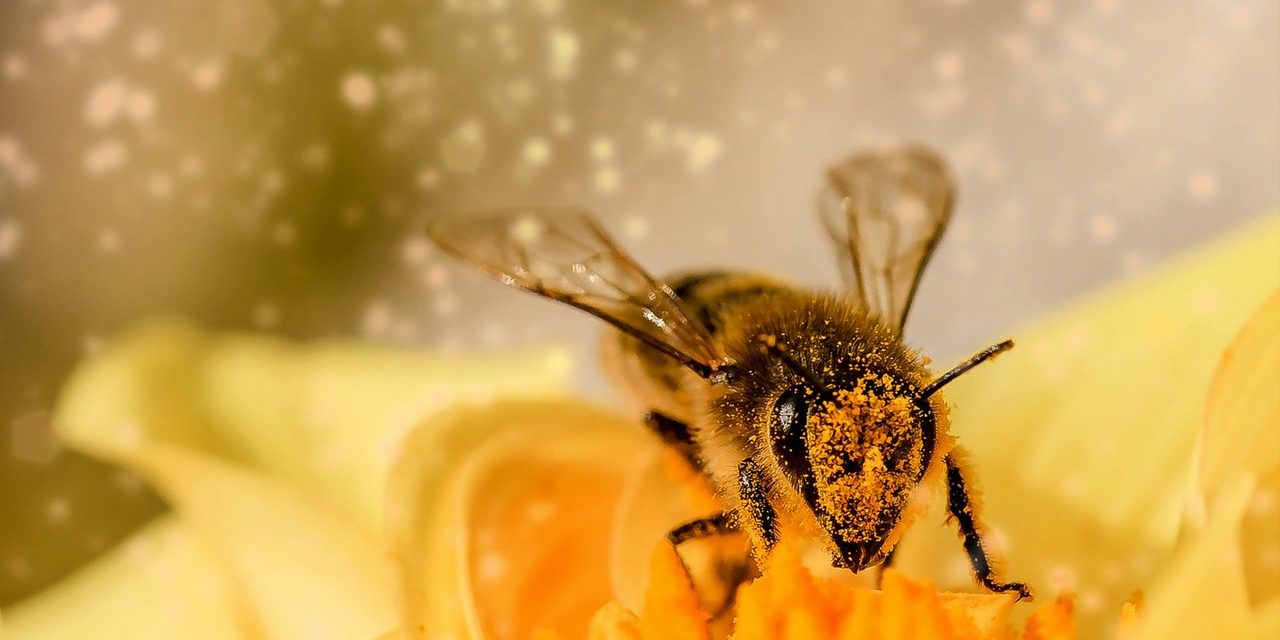One of the best gifts that God has ever given me was allowing my family to own a honey farm. There are hundreds of beekeepers, but most do not have the opportunity to own a retail store that supports the hobby. In 1998, we purchased a historic honey farm in western Oklahoma. Here are a few things that I learned:
- You should not buy a honey farm until you determine if you (or your children) are allergic to bees.
- The honey that you consume is given its name based on what plants the bees gathered nectar from to make that honey. For example: Clover Honey, Alfalfa Honey, Orange Blossom Honey, etc. Because most honey is sold as “Clover Honey,” consumers are somewhat deceived. Bees typically don’t just hang out in huge fields of solid clover. A more accurate name or description for non-crop specific honey would be Wildflower Honey.
- Honey is the only food that is made by insects for human consumption.
- Honey is a perfect food. Unless it is exposed to water, it never spoils.
- Many people are misinformed and think that if honey crystallizes that it has “gone bad.” It is best to consume honey that is as close to its most natural state as possible. Heating honey slows the crystallization process, making it more desirable and profitable for grocery store owners. Once heated, it can sit on their shelves longer in a liquid state. However, the heating process that is common to the industry also destroys beneficial enzymes that are present in honey.
- Honeybees are one of God’s most AMAZING creations. They are social insects and live in well-organized communities with gender specific roles.
- They get it! Everything about their lives and hives exemplify the principle of work.
- Honeybees have a complex system of communication, and they are able to use the sun as a fixed point to communicate both distance and direction.
- Honeybees are valuable pollinators. Without them our entire food chain would suffer.
- They have little built-in baskets on their legs to carry pollen in.
- Honey is antibacterial, antiviral and is very powerful medicine.
- Honeybees don’t gather up materials to make their home like a bird does when making a nest. From wax glands on their body, they actually produce the beeswax that is used to make their own hive.
- Honeycomb is a delicious sweet delicacy, and depending on the type of honey, it can be so strong that it can take your breath away.
There so many unBEElievable things! Where do I stop?
As I began to learn about honey and honeybees I remember thinking, “How could anyone see all of this and not see God?” Everything about these tiny insects, what they make and how they live points to the Creator.
I love the description in Deuteronomy 8:7-10 of what God considered a good land. “For the Lord your God is bringing you into a good land, a land of streams of water, of fountains and springs, flowing out in valleys and hills; a land of wheat and barley, of vines, fig trees, and pomegranates, a land of olive oil and honey; a land where you will eat food without shortage, in which you will not lack anything; a land whose stones are iron and out of whose hills you can dig copper. When you have eaten and are satisfied, you shall bless the Lord your God for the good land which He has given you.”
Just as God prepared the “good land” for His people, He loves us and prepares good for us as well. In the good land there are many wonderful things including honey—that means there are also honeybees. Beekeeping is challenging but rewarding work.
If you are presently a beekeeper, thank you for being a steward of God’s incredible creation. If you would like to become one but need information, look to see if there is a local beekeeping association or group near you. The one near Oklahoma City is the Central Oklahoma Beekeepers Association centralokbeekeepers.org.
The upcoming winter months are a perfect time to read, learn and prepare for a new hobby. I hope that if you pursue beekeeping that you are as intrigued and blessed as we were.
“My son, eat honey, for it is good, Yes, the honey from the comb is sweet to your taste” (Prov. 24:13).






